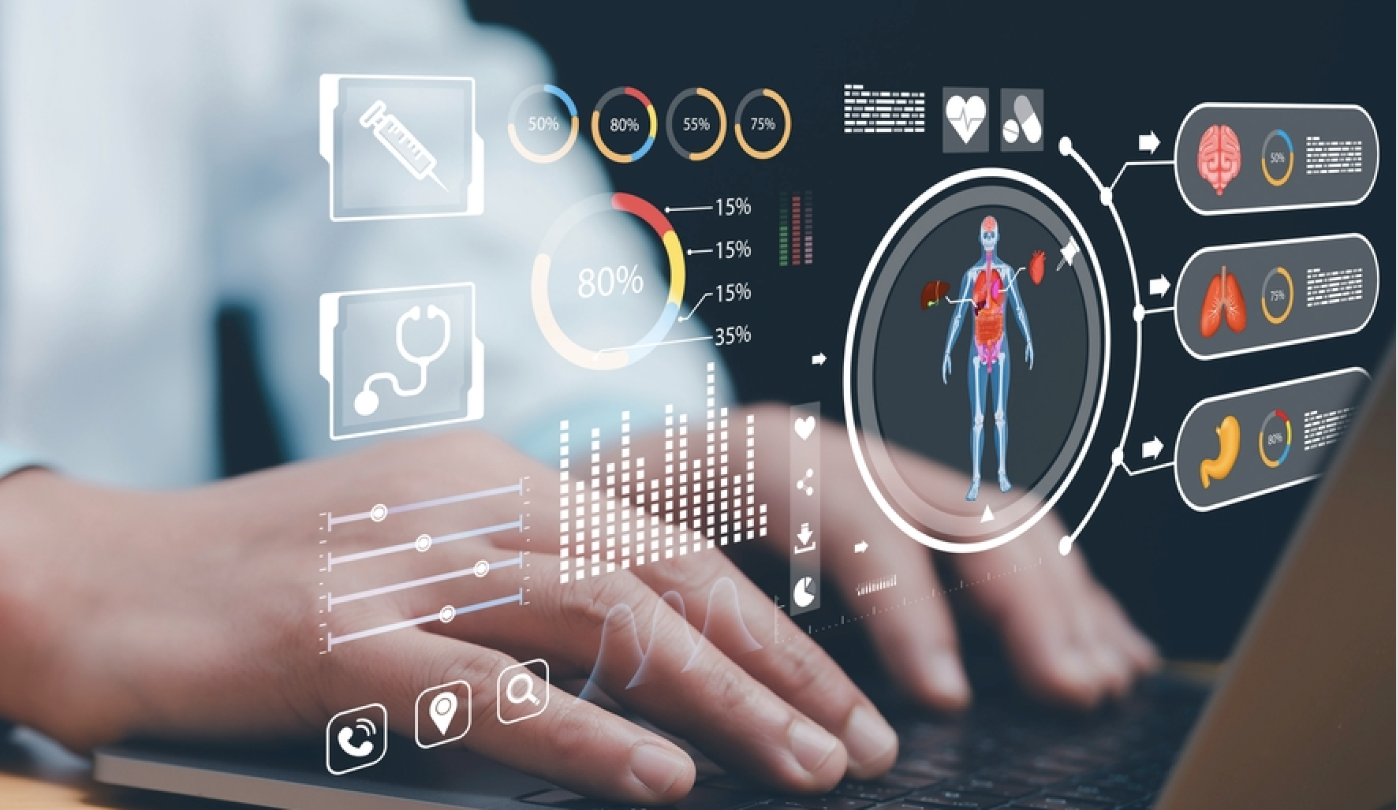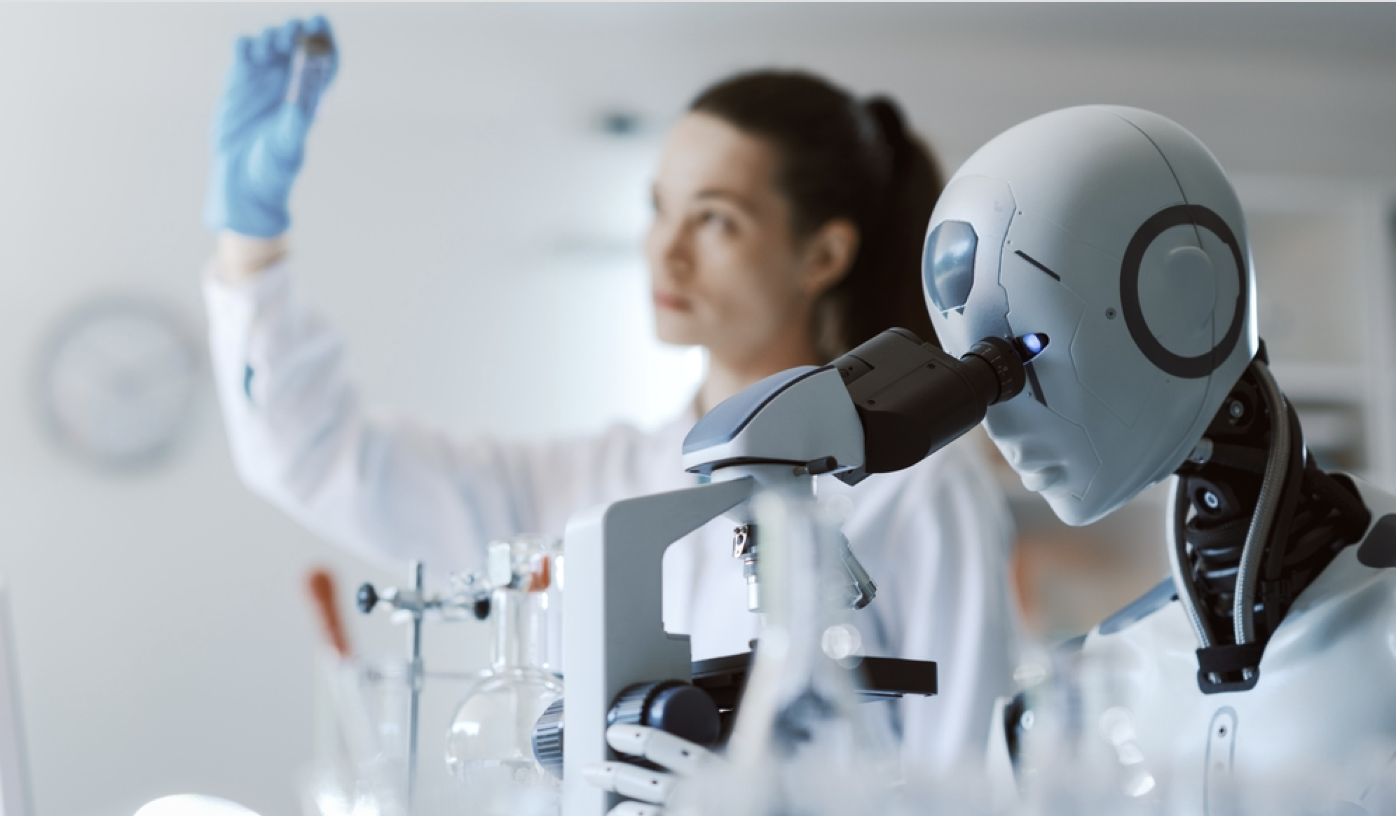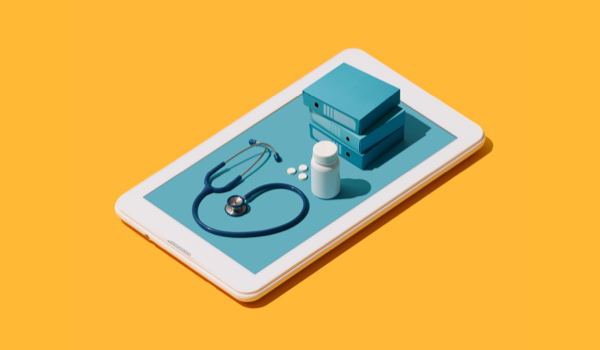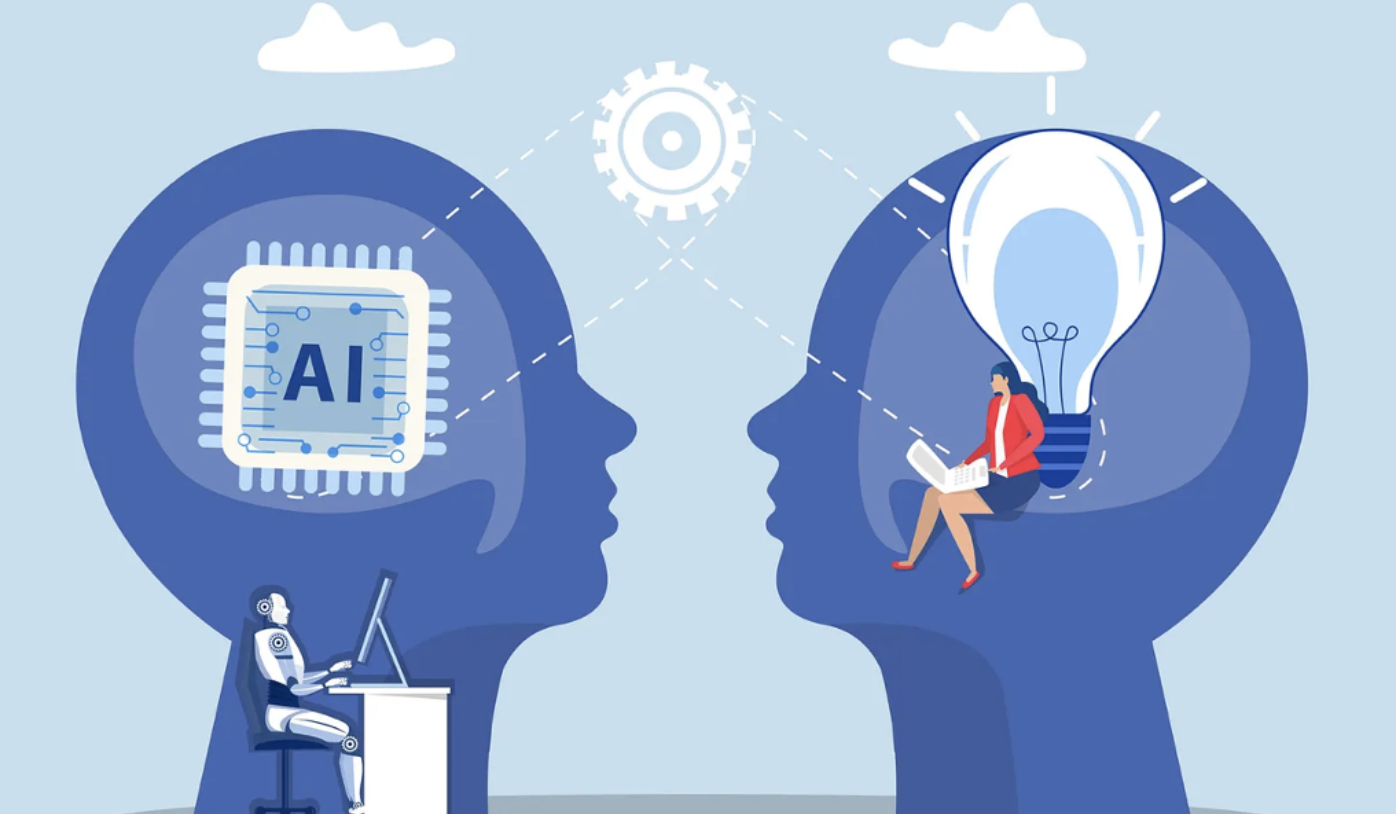

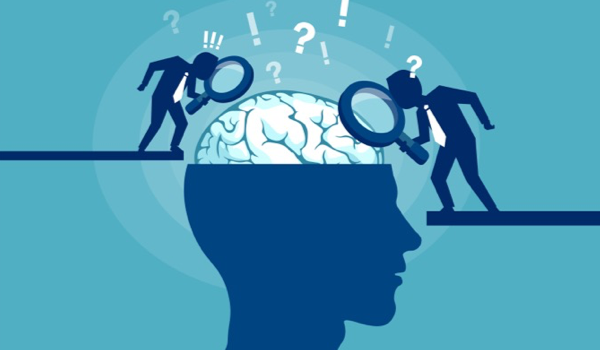
DENVER, COLORADO - Debilitating illnesses such as ulcerative colitis, cardiovascular disease, Alzheimer's disease (AD), and autism spectrum disorders cause much suffering and are difficult to treat yet are only partially understood. Artificial intelligence (AI) and machine learning (ML) have revolutionized the pace of scientific discoveries, and the treatment of diseases is no exception. To take the next step, the best approach involves ‘going with one’s gut,’ which leaves plenty of food for thought.
“Science and technology revolutionize our lives, but memory, tradition, and myth frame our response.”
- Arthur M. Schlesinger, US historian and intellectual
Have you ever misplaced your car keys or forgotten the password to your computer for the umpteenth time? How did you feel in that moment? Frustrated? Angry? Overwhelmed? Now, ask yourself how many of us can imagine the fear, loss of dignity, identity, and sense of self that comes with the progression of a neurodegenerative disorder like AD. Our sense of self allows us to position ourselves in the world; it is the essential ingredient that makes us human. Some 55 million people worldwide are believed to be living with AD or other dementias, a number that will almost double every 20 years.1
The human microbiome (HMB) is often referred to as the ‘forgotten organ’ despite its critical role in many physiological processes - it holds the key to understanding and therefore treating many of the aforementioned illnesses. Metabolites produced by the microorganisms in the microbiota are believed to be the primary factor behind these diseases developing in the first place. This discovery opens the door to new biomarkers and less invasive diagnostic procedures, and will potentially prevent the onset of numerou
The content herein is subject to copyright by The Yuan. All rights reserved. The content of the services is owned or licensed to The Yuan. Such content from The Yuan may be shared and reprinted but must clearly identify The Yuan as its original source. Content from a third-party copyright holder identified in the copyright notice contained in such third party’s content appearing in The Yuan must likewise be clearly labeled as such. Continue with Linkedin
Continue with Linkedin
 Continue with Google
Continue with Google
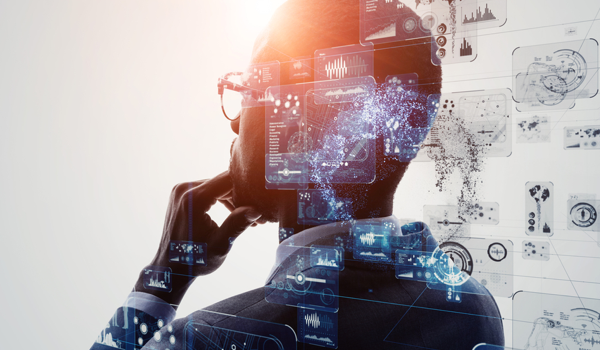
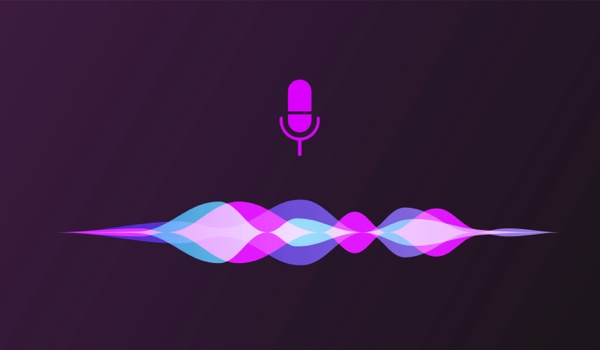








 1661 views
1661 views


